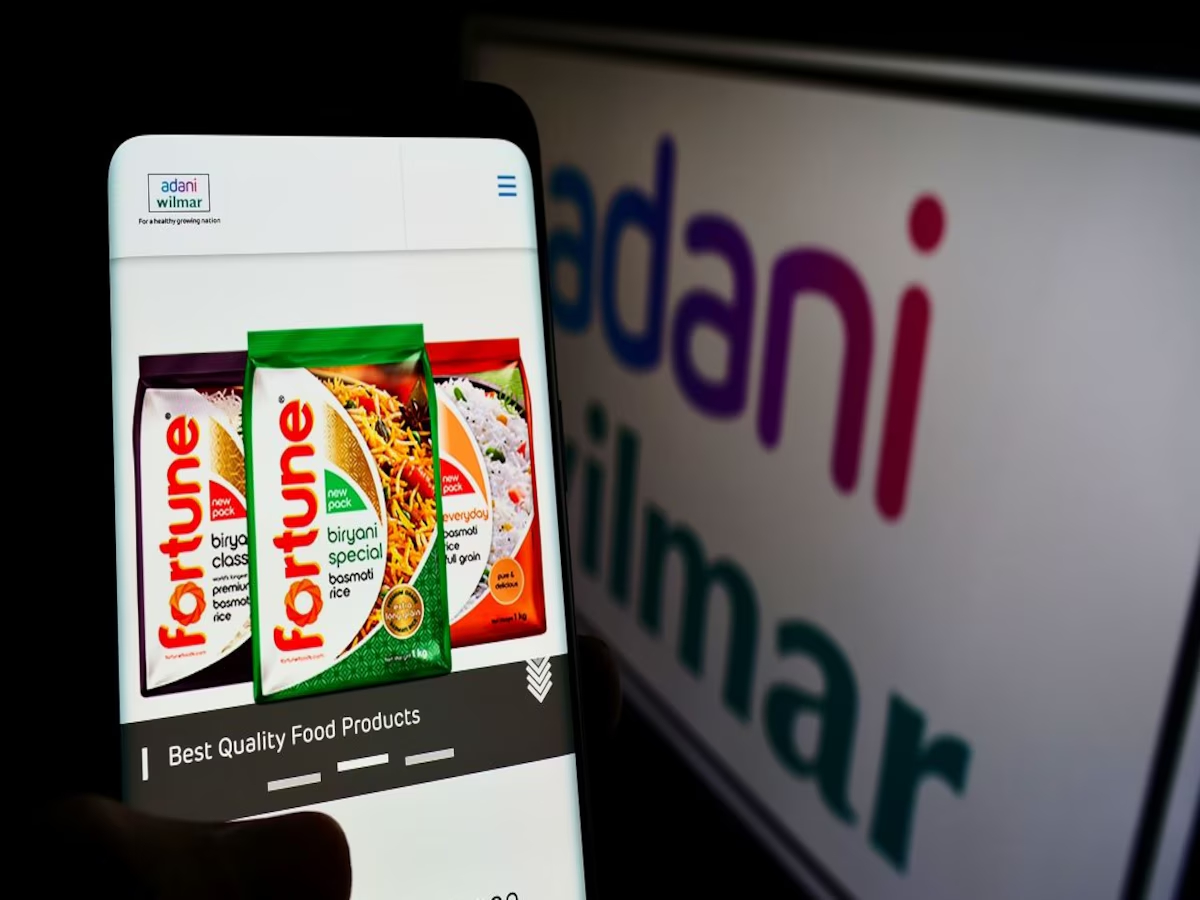Adani Wilmar expects double-digit growth in sales volume in the April-June quarter

Adani Wilmar, based in Ahmedabad, anticipates double-digit volume growth in Q1 under CEO Angshu Mallick’s guidance. Amidst industry growth rates of 6%-8%, the company expects higher figures driven by robust demand. Despite notable price rises in palm and soybean oils, overall edible oil prices rose 5%-6%, not deterring consumer consumption. Mallick foresees stable oil prices, improved margins, and growth across segments like edible oils, FMCG, and oleo chemicals, projecting a strong fiscal year 2025 despite a 17% share decline last year.
Adani Wilmar, the multinational food and beverage conglomerate based in Ahmedabad, is set to achieve double-digit volume growth in the first quarter of the fiscal year, according to Angshu Mallick, the company’s CEO and Managing Director.
“The demand in the first quarter has been, I would say, quite robust,” Mallick noted. “The industry is also growing, and we have also done well. Double-digit growth (in sales volume) is what is expected in Q1.”
While the broader industry is experiencing growth rates of around 6% to 8%, Adani Wilmar anticipates surpassing these figures with a more significant increase in volume.
A surge in edible oil prices in the fourth quarter has notably influenced the market dynamics. Palm oil and soybean oil, in particular, have seen double-digit increases. Mallick elaborated on the price changes, stating; “The prices, although it has gone up, it has come up from the bottom, so consumers still feel the prices are comfortable and we see good consumption coming in.”
He detailed the price fluctuations across different types of oil — mustard oil increased by approximately 8%, palm oil remained relatively steady, cottonseed oil rose, and sunflower oil saw a 2%-3% increase. Overall, the edible oil basket has experienced a 5%-6% price increase without significantly impacting consumer consumption.
Looking ahead, Mallick expects oil prices to stabilise, citing supply chain improvements as a key factor. Improvements in shipping from Argentina and Brazil should help alleviate these issues. He emphasised the importance of a good monsoon season, which, although delayed, is hoped to improve in the coming months. The Kharif crop, particularly cottonseed oil, groundnut oil, and soybean oil, is crucial, with the harvest expected in October.
Mallick elaborated that the stabilisation of oil prices typically results in improved brand sales, a trend that Adani Wilmar is currently experiencing. The company’s flagship brand, Fortune, has regained its previous sales volumes and is showing significant growth.
Regarding financial performance, Mallick indicated that margins are expected to improve compared to the previous year, particularly in the first and second quarters. He expressed confidence that fiscal year 2025 will see better margins, volume growth, and a more stable business environment overall.
As for segment-wise growth projections, Adani Wilmar anticipates double-digit growth in its edible oil segment. The food and FMCG category has been expanding at a rate of over 20%, and the company expects this trend to continue.
Additionally, essential industry sectors, including the oleo chemical business, DOC and animal feed business, and castor oil, are projected to grow by 10% to 12%. Overall, the company expects to achieve a volume growth rate exceeding 10%.
The company, which has a market capitalisation of ₹43,844.66 crore, has seen its shares decline 17% over the last year.
















